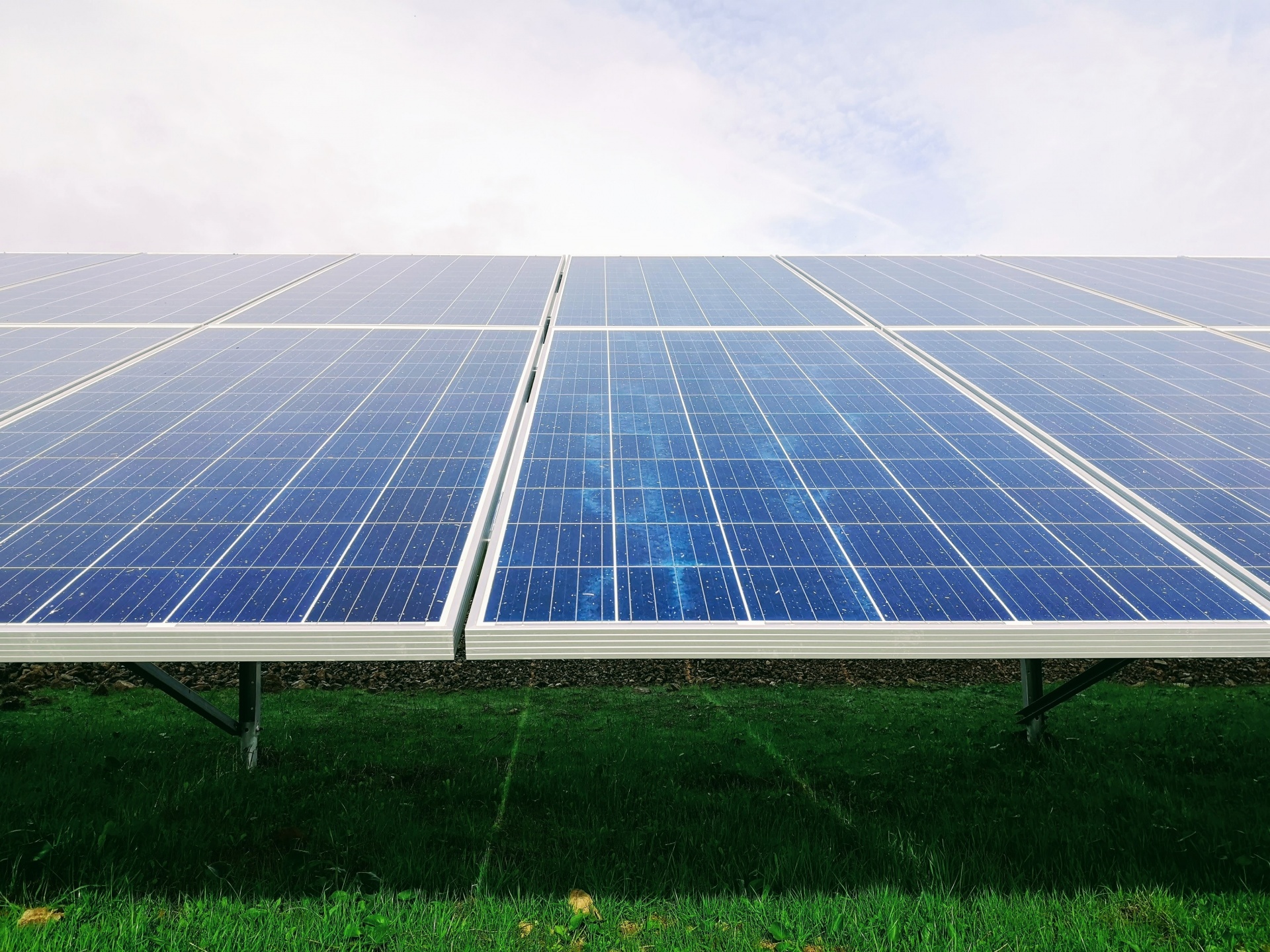EPTC withdraws proposal for price cuts in FIT for renewable energy projects
 |
According to Vnexpress, during December 7-8, EPTC issued three documents to Vietnam Electricity (EVN), suggesting interim payment rates for these renewable projects at the ceiling prices set by the Ministry of Industry and Trade. This would entail solar power at VND1,185-1,508 per kWh, and wind power at VND1,587-1,816 per kWh. Such rates, if accepted, would represent a 25-40 per cent decrease for solar power and nearly 20 per cent for wind power.
The withdrawal of this proposal on the evening of December 8, citing the need for "data review," has raised concerns in the industry.
Prior to the retraction, EPTC had reviewed 38 plants, noting that solar and wind power facilities were being compensated under the feed-in tariff (FIT) scheme at fixed rates for 20 years.
Specifically, 15 solar power plants were receiving 9.35 US cents per kWh, while two others were at 7.09-7.69 US cents per kWh. Additionally, 11 wind power plants were being paid between 8.5 and 9.8 US cents per kWh.
Bui Van Thinh, chairman of the Binh Thuan Wind Power Association, commented on the situation, highlighting Vietnam's robust commitment to energy transition and increasing renewable energy share in its power mix to achieve net-zero emissions.
"Such proposals and solutions may deteriorate the business environment in Vietnam’s energy sector," he said.
He further noted that many projects, even at the advantageous FIT rate of 9.35 cents per kWh, were not highly profitable due to low utilisation.
A potential 30-40 per cent price cut for projects currently enjoying preferential rates could severely impact investors, diminishing their motivation to reinvest in renewable energy and making foreign investors hesitant to fund renewable projects in Vietnam.
Between 2017-2021, renewable energy in Vietnam, particularly solar and wind power, experienced explosive growth following decisions allowing investors to benefit from fixed preferential prices for 20 years if they commenced operations within a specified deadline.
In 2020 alone, nearly 16,500MW of solar power capacity was operational, over 19 times the capacity outlined in the adjusted Power Plan 7 (850MW). Currently, wind and solar power account for nearly 27 per cent of the total installed capacity in the system.
Vietnam has set ambitious targets for renewable energy development up to 2050, in line with its commitments at COP 26 to achieve net-zero emissions.
 | The cost of Asia’s renewable energy challenge Climate change currently poses the greatest long-term threat to Asian economies. In recent years, the region has experienced more frequent and severe climate-induced extreme weather events – such as droughts, floods, monsoons, and super typhoons – that carry heavy economic and societal costs. |
What the stars mean:
★ Poor ★ ★ Promising ★★★ Good ★★★★ Very good ★★★★★ Exceptional
 Tag:
Tag:
Related Contents
Latest News
More News
- $100 million initiative launched to protect forests and boost rural incomes (January 30, 2026 | 15:18)
- Trung Nam-Sideros River consortium wins bid for LNG venture (January 30, 2026 | 11:16)
- Vietnam moves towards market-based fuel management with E10 rollout (January 30, 2026 | 11:10)
- Envision Energy, REE Group partner on 128MW wind projects (January 30, 2026 | 10:58)
- Vingroup consults on carbon credits for electric vehicle charging network (January 28, 2026 | 11:04)
- Bac Ai Pumped Storage Hydropower Plant to enter peak construction phase (January 27, 2026 | 08:00)
- ASEAN could scale up sustainable aviation fuel by 2050 (January 24, 2026 | 10:19)
- 64,000 hectares of sea allocated for offshore wind surveys (January 22, 2026 | 20:23)
- EVN secures financing for Quang Trach II LNG power plant (January 17, 2026 | 15:55)
- PC1 teams up with DENZAI on regional wind projects (January 16, 2026 | 21:18)




















 Mobile Version
Mobile Version